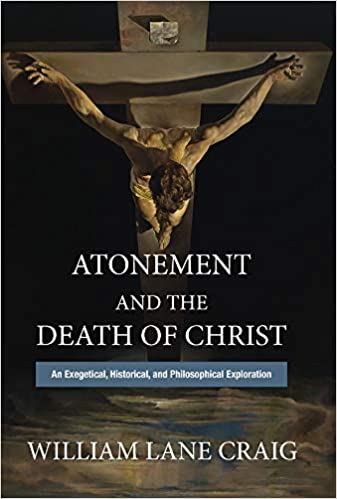Q. Like with the statement ‘forgiveness offered is not the same as forgiveness received’ on pp. 256-57 you make the important point that if a person rejects God’s saving grace, rejects his offer of substitute payment by Christ for sin, then such a person remains guilty for the sins they commit, and faces the legitimate punishment for said sins. This conclusion, it seems to me only really makes sense if we accept a non-Reformed view of salvation, namely that it is dependent on repentance and faith by the sinner in question, neither of which is predetermined by the One offering the grace. In short, this is not a problem for Arminians, but it can be for some Calvinistic views that want to have its cake and eat it too— by this I mean they want to assert that Christ died for the sins of the world, but at the same time they want to say that God predetermined who the elect would be who get the benefits. But if God predetermined both the scope of the atonement and who benefits, then it would seem the logical conclusion is that everyone atoned for should get the benefits otherwise God is contradicting himself. Comments?
A. Right, my soteriology is broadly Wesleyan. Our Reformed brethren are forced into affirming the unbiblical doctrine of limited atonement because they cannot allow human free will to factor into the process of redemption. Unfortunately, that leaves them hard-pressed to explain their own distinction between redemption accomplished and applied, a distinction which makes good sense on an Arminian view.
Q. p.257— Since the NT itself couches the discussion of salvation not in terms of legal pardon but rather in terms of forgiveness and remission of a debt (see the Lord’s prayer), perhaps the forensic approach to salvation Is not the best way to account for the NT data. Thoughts?
A. I’ll simply repeat my point that the NT concept of divine forgiveness entails a legal pardon, since it annuls the guilt of the offender. The forensic approach is, moreover, required by God’s being Judge and Ruler.













